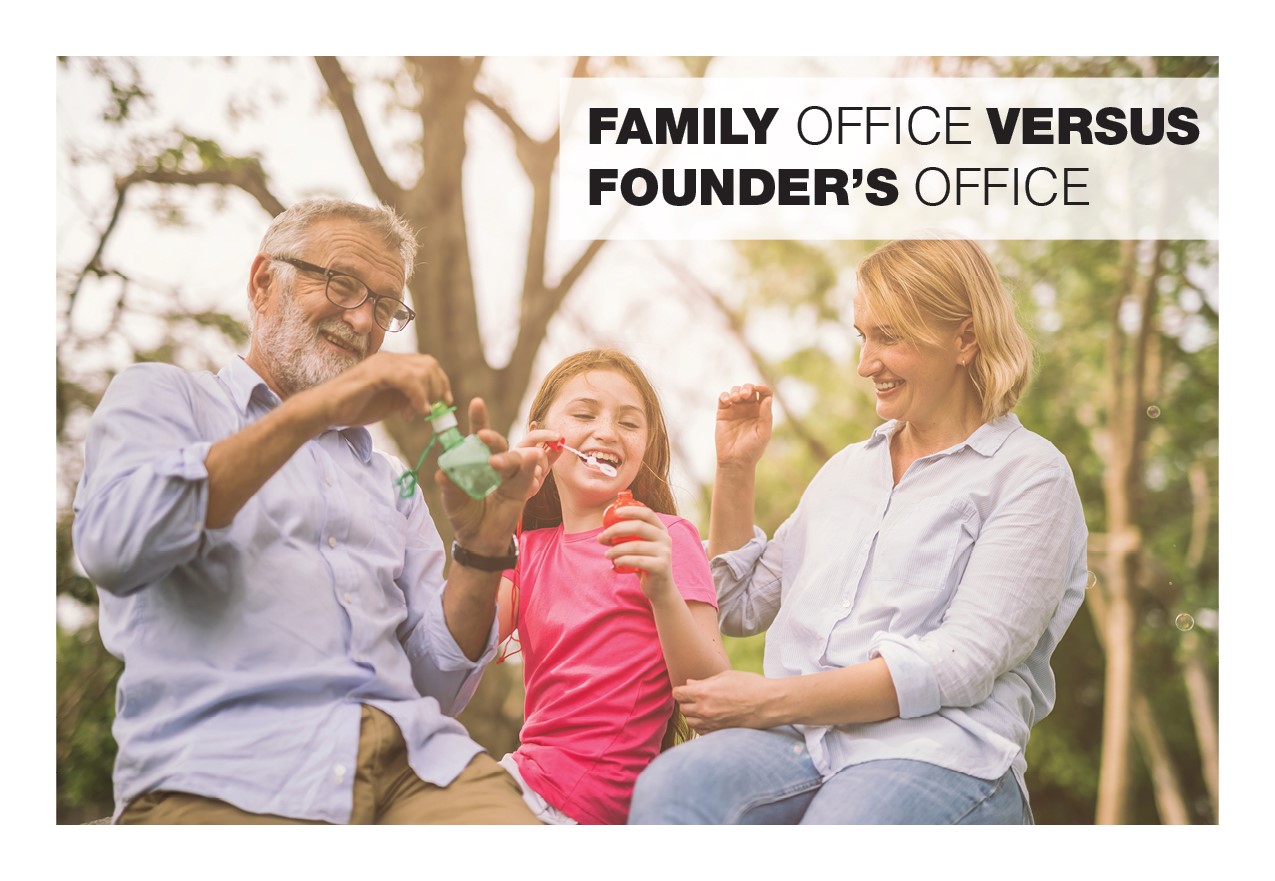Family offices have been around for over 40 years and yet we talk about them as if they are the latest invention. I want to bring a new idea to the table. Maybe we haven’t had family offices for all these years, but instead, we have been focused on founder’s offices. Moving forward, we need to shift the focus to building and managing a true family office.
The essence of a family office is that a unit is created by the founding members of the family wealth to manage their liquid assets and on occasion, their business assets. The matriarch and patriarch engage professionals from a financial, legal and accounting background to lead this endeavour. They have a deep understanding of their mindset, goals and values.
In most cases, the desired goal by the founding family members is achieved; they have more control of their assets and professionals that understand them, communicate with them and follow their instructions. They build the asset allocation suited to them and are generally happy with the investment performance.
The issue with this type of setup is that once the matriarch and patriarch pass away, the next generation do not feel connected to the advisors of their parents and grandparents and look to make changes. Banks, accounting firms and legal advisors are faced with the same dilemma.
What we have just described is a founder’s office, built by the founders for the founders. It does not reflect the family members and has not been built to suit their needs.
For a true family office to succeed and break the chains of a founder’s office, we need to drastically change how this has been done in the past. Yes, the family office will be created by the creators of the wealth, but we need to incorporate the needs, ideals, outlook and values of all the family members.
Family meetings and an adept team that understands the importance of inclusion, communication and flexibility are critical to ensure success. If all the members are heard, the advisors are no longer “my parents’ advisor”. This creates a shift in the mindset and extends the viability and lifespan of the family office.
We see a focus by all types of institutions to change this dynamic and many firms do some form of Next Gen planning to build rapport including Goldman Sachs, who has created Marcus to connect with the next generation. But this just isn’t enough.
The basis for success remains communication, integration, inclusivity, and shared values. If we can move from a founder’s office to a family office, the unit will endure past the first generation, but changes need to be made in how the family office works and communicates. Good corporate governance needs to be put in place along with a robust family office rulebook.
This can only be done with guidance from an external advisor who can work with the family and CEO of the future family office to ensure that they don’t fall into the trappings of the founder’s office.

Leave A Comment